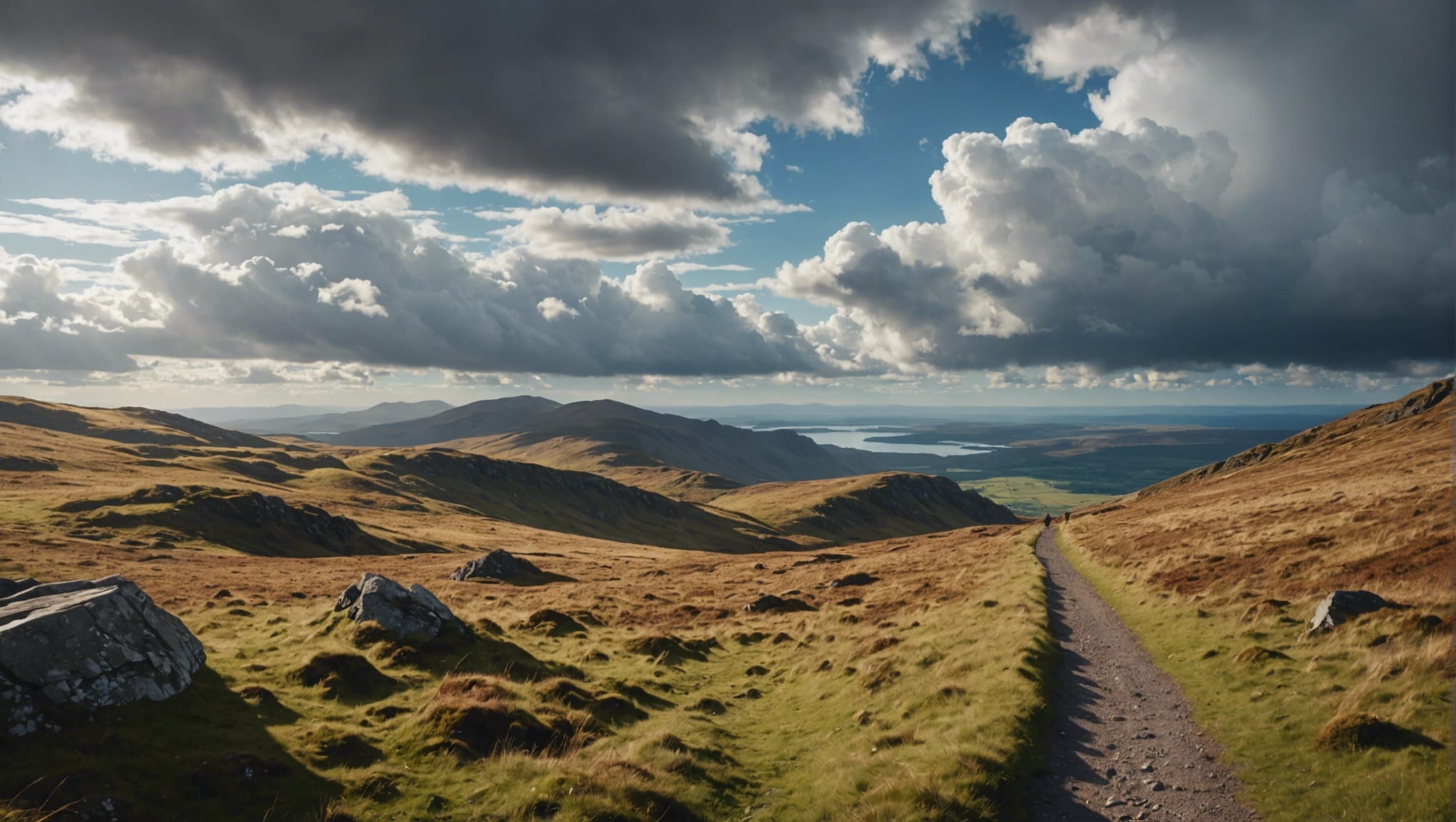We were warned.
A quick note about this entry. I wrote this in 2022. It’s still true but I keep hearing the questions about why we weren’t prepared for this effect that social media would have on our political culture. So I am reposting it here.
—————————————————————————
Once upon a time I was a technology journalists working in Tokyo for a very small monthly newspaper covering telecommunications and high tech. In this role, I had a front row view on the development and deployment of the World Wide Web and all the technologies and promotional efforts that made its use nearly ubiquitous. As such, I was sent to quite a few conferences and symposia where respected leaders from around the world would gather to discuss this new technology and how it was going to change our lives. And, yes, this included convincing the political world to fund the research and development that would help roll the WWW out to everyday people to enhance everyday lives. I am, of course, talking about how Al Gore helped in the development of the “internet”. But that is a different blog post.
If you listen to folks talking about Facebook, Twitter or any of the other social network spaces today, and how it is dividing the country into tribes, fostering the dissemination of misinformation and breaking down civil discourse, you’d think this situation is blindsiding us. Where were the technology ethicists when we were rolling this out? Why didn’t we think about what it was going to do to society? Won’t someone please think of the children? Well? I can tell you because as a politically savvy technology journalists I was in the rooms where these topics were discussed and the rooms were almost empty. Nobody wanted to hear it but us philosophy nerds.
I wish I could remember the names of the folks who were warning of the coming changes to political conversations, but I didn’t write those stories so their names don’t come up in any searches from my archives. I was not encouraged to write such a story as it would have been seen by my editor as overly pessimistic. We were there to promote technological advances, because that was what our readers wanted. But the folks that were warning us were already seeing the divisiveness happening in the alt politics threads on the pre-WWW internet chat platform called “Usenet”. I was seeing it in the bulletin board services being run by the US Embassy in Tokyo. People learned early that you had to grow a thick skin when discussing politics online because the anonymity allowed folks to let their ids take over when it came to political discourse quickly. Once the name calling started it was just a race to the bottom. As anybody who is familiar with the un-moderated political chat boards knows, there are a lot of folks who are there for the heat of the flame wars, and not really for the light of the conversation.
What the experts were telling us was, the technology we were building out would change the current model of broadcasting information to narrowcasting. So we could only subscribe to the kinds of information we liked. This would cause us to miss out on opposing views completely. This was in 1994 or 1995. A couple of years before Fox News even aired for the first time, so we were still mostly getting our news from CNN or the big three broadcast news reports. Newspapers were not yet available widely in digital format (Nando News, and San Jose Mercury News may have been available but hardly anything else). Your mom didn’t have a Facebook account and neither did Mark Zuckerberg. A form of customized news feeds came around called Pointcast, which would use your own selections when setting up your account to customize the feed. This was long before algorithms would be used to drive engagement to capture and monetize your eyeballs, but it had pretty much the same effect. And that worked fine when it came to discourse until you went from one information silo to the next.
The online conversations could get testy but in those early days we learned quickly not to take it all too personally, and for the most part we were able to agree to disagree when it came to politics, most of the time. But the Clinton era brought with is a lot of conspiracy nuts talking about the Arkansas Mafia and what they called Trooper-gate. The conversation became a little more unhinged. Then with the 2000 elections we saw the heat being turned up as a new words were being added to the lexicon like “hanging chad” and we all learned where Browerd County is. But 9/11/2001 is when it all went off the rails. That is when anything but full throated support of turning the sands of Iraq into a glass bowl from the heat of our vengeance was seen as traitorous. Nuance, empathy and understanding was not allowed. Don’t start talking about the history of the region or the things that lead up to it. Don’t talk about the improbability of Bin Laden teaming up with Saddam Husain. Understanding those kinds of things was un-American. And the chat groups pushed the conversations to sub groups where conspiracy, misinformation and lies were pushed as shibboleth, and the echo chamber just concentrated it. Welcome to the post fact world of the early 21st Century where the world’s facts are at our fingertips and we choose instead to just make shit up.
But it’s not like we weren’t warned.

Leave a comment